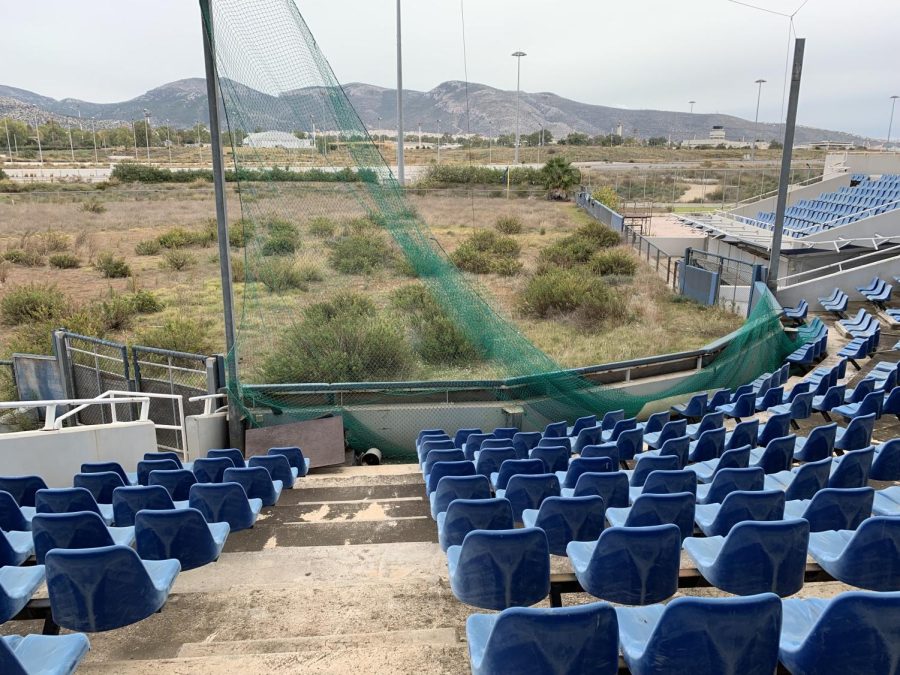The steep cost of the Olympics
Olympic budgeting is a growing problem for hosting cities.
March 1, 2022
The 2022 Winter Olympics have wrapped up in Beijing, China. 91 nations were represented at the games, and it is assumed for many athletes and spectators, it was their first experience of the country of China. Now, Beijing officials will have to begin cleaning up the aftermath of the Olympics, which is a problem in itself.
During the development stages of hosting the Olympics, China reported they would set their budget for $3.1 billion dollars. Adjusting for inflation, this is an average budget for a city to host the Olympic games. However after the games concluded, the Wall Street Journal reported that China spent at least 16 billion on the 2022 Winter Olympics, which is more than five times the originally planned budget. Last year, Japan spent an estimated 13.6 billion dollars on hosting the Summer Olympics. Both the 2021 Summer Olympics and the 2022 Winter Olympics are the highest-budgeted Olympics of all time.
As spending increases, viewership has been decreasing. The correlation is problematic as declining viewership equates to missed profit. Budgeting has to be planned out better by the International Olympics Committee and the government officials of the host city.
Most of the money being spent on the Olympics is toward the construction of Olympic facilities. For most countries, these facilities often do not generate any revenue for the communities that host them after the Olympics conclude, and, in fact, most end up costing them significant amounts of money through maintenance costs. When in theory the money spent toward the Olympics should help the hosting community’s economy, they leave some significant long-term ramifications. Facilities should be designed to both host the Olympics and be beneficial to the host city long-term.
The consequences of these facilities are evident from the hosts of prior cities. Cities like Rio, Sochi and Athens have decaying infrastructure left behind from the Olympics that are still affecting the communities to this day. Stadiums that were once filled with many spectators of the greatest international sporting event in the world are now left in ruin, and serve as a reminder of the billions of dollars spent.


